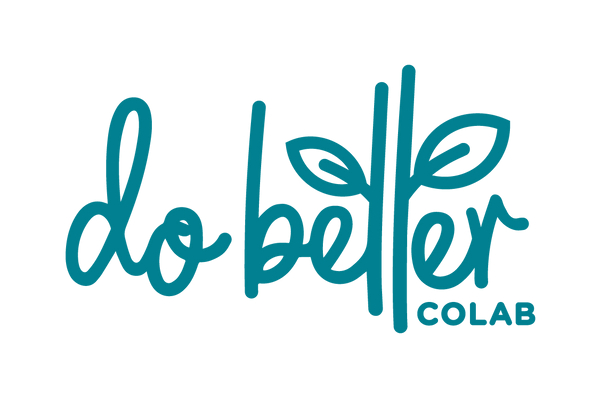
Microplastic Mayhem: How Your Clothes Pollute the Planet & What You Can Do About It
We don't take ourselves too seriously, but we're serious about making a difference. As we celebrate Earth Month, I'd love to share a bit about our motivations and goals.
This year's EarthDay.org focus is to reduce the production of plastics, something we're very passionate about. It is crucial for the health of our planet and all that call it home.
I read an article last week that shocked me. There has been a high concentration of microplastics found in the air, at an altitude of over 1000 metres near Tekapo, just a few hours from our base in Queenstown. Crazy, right?
Socks made from polyester and synthetics shed microplastics every time they're washed. These tiny plastic bits end up in our oceans, harming wildlife and even entering the food chain.
More and more research is coming to light about the health implications of this and logic tells us this just can’t be good. Microplastics have been discovered in our food sources so if we aren’t inhaling them, we are ingesting them.
In addition, when products containing plastic come to their end of life (in our eyes), they don’t really come to end of life, they stick around. Currently, we are producing 350 million metric tons of plastic waste per year. (https://www.statista.com/topics/5401/global-plastic-waste/#topicOverview)
Don’t get me wrong, I’m under no illusion that we can just stop using plastic. It’s everywhere and it is useful. And when it comes to sports apparel, performance is important. I’m not suggesting you give up your favourite running shorts or workout tights which are almost certainly made from nylon or polyester.
But there are small changes you can make to Do Better:
- Wash Smarter: Microplastic shedding increases with agitation. Wash activewear on a gentle cycle with cold water. Avoid fabric softeners, which weaken fibres and increase shedding.
- Fill that Washer! Don't wash a half-empty load. A fuller washer reduces friction, minimising microplastic release.
- Consider a Guppyfriend Bag: This innovative laundry bag traps microplastics during washing, preventing them from entering waterways.
- Love Your Gear, Lengthen Its Life: Proper care extends the lifespan of your activewear. Hang dry whenever possible and avoid harsh detergents.
- Choose Natural Fibres: Choose products made from organic natural fibres when available (😉 like organic cotton socks). They're comfy, breathable, non toxic and biodegrade quickly.
- Invest in Sustainable Brands: Look for companies that use natural fibres, recycled materials or innovative microplastic-reducing technologies in their activewear.
What we’re doing at Do Better Colab:
- Product Development: We use certified organic cotton in all of our socks. There are still some synthetic materials such as elastane and rubber (otherwise your socks would be just floppy tubes), but we looking at alternatives and ways that we can reduce the synthetic percentage without affecting performance.
- Supply Chain: Garments are usually individually wrapped during the manufacturing process creating an insane amount of waste. We ensure that our socks are not individually wrapped.
- Packaging - Our packaging is all paper based and 100% home compostable or recyclable. Our mailers are made with corn starch, PLA and PBAT, also home compostable.
Small changes can make a big difference, and we hope that you'll join us in our mission to reduce plastic waste and microplastic shedding.
